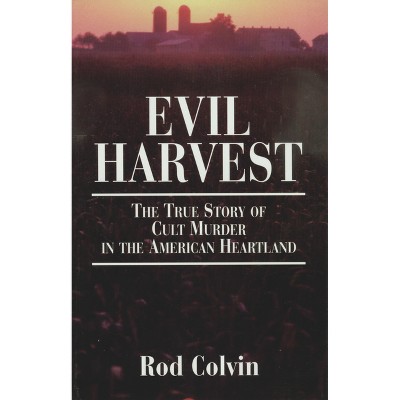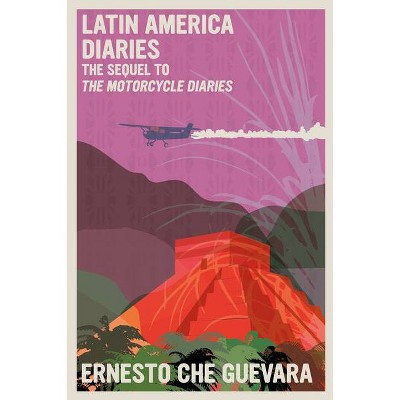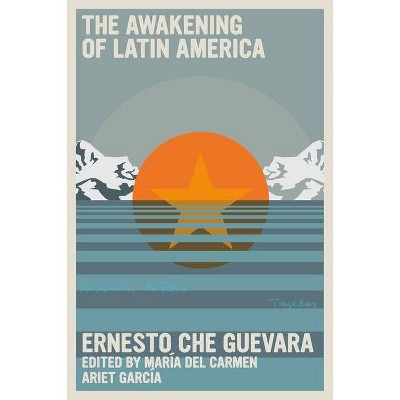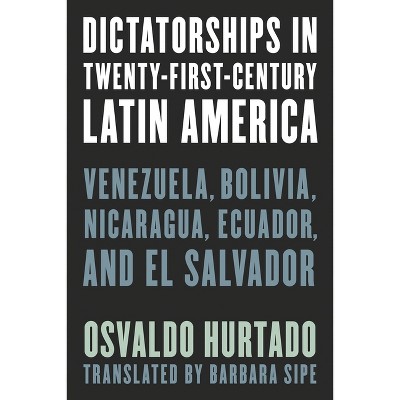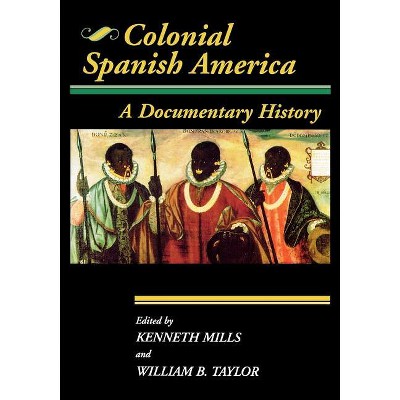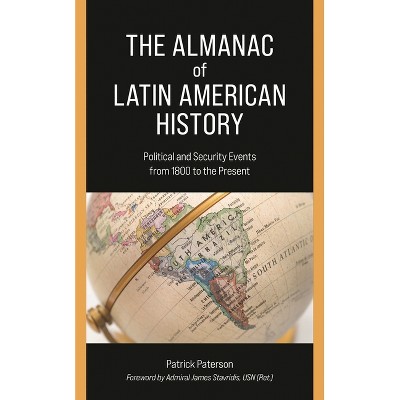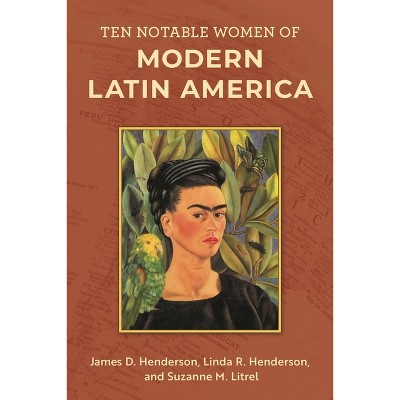Sponsored

Marxism of Che Guevara - (Critical Currents in Latin American Perspective) 2nd Edition by Michael Löwy (Paperback)
$35.99Save $2.01 (5% off)
In Stock
Eligible for registries and wish lists
Sponsored
About this item
Highlights
- In this seminal exploration of Che Guevara's contributions to Marxist thinking, Michael Löwy traces Che's ideas about Marxism both as they related to Latin America and to more general philosophical, political, and economic issues.
- About the Author: Michael Löwy is research director emeritus in sociology at the Centre National de la Recherche Scientifique and guest lecturer at the École des Hautes Études en Sciences Sociales.
- 178 Pages
- History, Latin America
- Series Name: Critical Currents in Latin American Perspective
Description
About the Book
In this seminal exploration of Che Guevara's contributions to Marxist thinking, Michael Löwy traces Che's ideas about Marxism both as they related to Latin America and to more general philosophical, political, and economic issues. Now revised and updated, this edition includes...Book Synopsis
In this seminal exploration of Che Guevara's contributions to Marxist thinking, Michael Löwy traces Che's ideas about Marxism both as they related to Latin America and to more general philosophical, political, and economic issues. Now revised and updated, this edition includes a chapter on Guevara's search for a new paradigm of socialism and a substantive essay by Peter McLaren on Che's continued relevance today. This book eloquently captures his views on humanity, his contributions to the theory of revolutionary warfare, and his ideas about society's transition to socialism, offering a cohesive, nuanced introduction to the range of Guevara's thought.Review Quotes
[The Marxism of Che Guevara] would make an excellent classroom tool for anyone teaching about Latin America or revolution.
A foreign correspondent interviewing Che Guevara shortly after the revolution had taken over Havana asked him if he was a Marxist. Sensing the covert malevolence of the query, Guevara replied, 'I don't know enough to be a Marxist.' This book proves that he has remedied that. He might be called a creative Marxist rather than a rigid follower or one who seeks quotations merely to further his own dogmatism. It provides us with the picture of a great, flexible, and searching mind. This book helps us to realize more fully the great loss the world sustained by the CIA and Pentagon murder of a noble and brave revolutionist.
Michael Löwy's brief but penetrating book takes Che Guevara not as a romantic adventurer but as a serious revolutionary militant; as a Marxist who sought to develop an anti-dogmatic body of Marxist theory that would transcend both reformism and Stalinism and return Cuban Marxism 'back to the living sources of revolutionary communism.'
This short study of the ideology of Che Guevara is an excellent companion to the many anthologies of his life and work. . . . The book gives one a clear understanding of the relationship of Guevara's thought to traditional Russian and Marxist philosophy. This work should prove useful to anyone interested in either contemporary Marxist thought or the Cuban Revolution.
About the Author
Michael Löwy is research director emeritus in sociology at the Centre National de la Recherche Scientifique and guest lecturer at the École des Hautes Études en Sciences Sociales. His many publications include The War of Gods: Religion and Politics in Latin America.Dimensions (Overall): 8.46 Inches (H) x 5.74 Inches (W) x .54 Inches (D)
Weight: .51 Pounds
Suggested Age: 22 Years and Up
Number of Pages: 178
Genre: History
Sub-Genre: Latin America
Series Title: Critical Currents in Latin American Perspective
Publisher: Rowman & Littlefield Publishers
Theme: South America
Format: Paperback
Author: Michael Löwy
Language: English
Street Date: April 17, 2007
TCIN: 1004111519
UPC: 9780742539037
Item Number (DPCI): 247-23-0301
Origin: Made in the USA or Imported
If the item details aren’t accurate or complete, we want to know about it.
Shipping details
Estimated ship dimensions: 0.54 inches length x 5.74 inches width x 8.46 inches height
Estimated ship weight: 0.51 pounds
We regret that this item cannot be shipped to PO Boxes.
This item cannot be shipped to the following locations: American Samoa (see also separate entry under AS), Guam (see also separate entry under GU), Northern Mariana Islands, Puerto Rico (see also separate entry under PR), United States Minor Outlying Islands, Virgin Islands, U.S., APO/FPO
Return details
This item can be returned to any Target store or Target.com.
This item must be returned within 90 days of the date it was purchased in store, shipped, delivered by a Shipt shopper, or made ready for pickup.
See the return policy for complete information.
Trending Non-Fiction

$19.31
was $20.98 New lower price
4 out of 5 stars with 64 ratings

$18.28
was $19.58 New lower price
4.7 out of 5 stars with 17 ratings

$4.59
MSRP $7.99
Buy 2, get 1 free select books
4.8 out of 5 stars with 123 ratings

$6.20
MSRP $10.95
Buy 2, get 1 free select books
4.8 out of 5 stars with 33 ratings

$7.09
MSRP $9.99
Buy 2, get 1 free select books
4.9 out of 5 stars with 46 ratings





